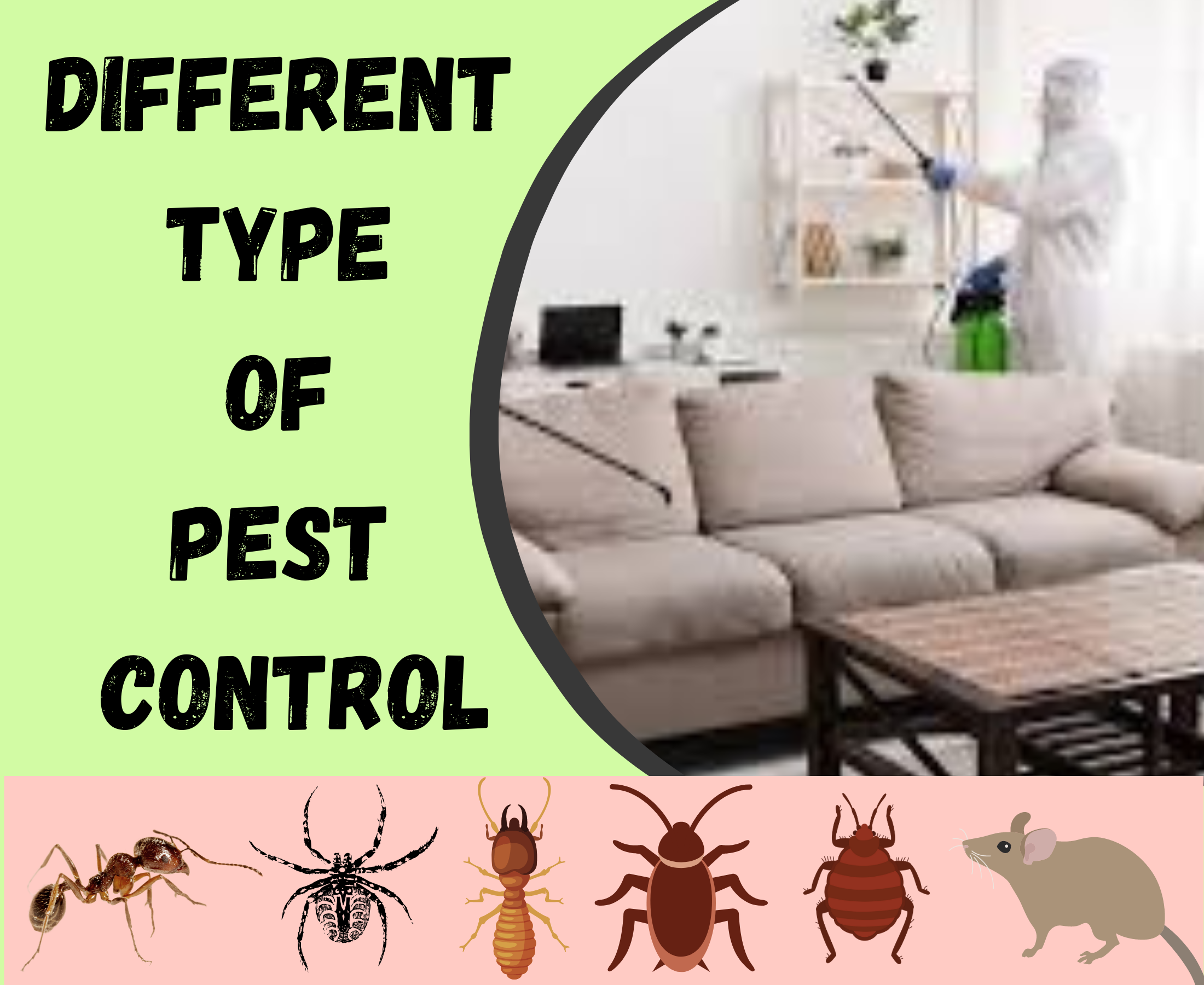Getting The Pest Control To Work
Getting The Pest Control To Work
Blog Article
The smart Trick of Pest Control That Nobody is Talking About
Table of ContentsSee This Report about Pest ControlAll About Pest ControlAll about Pest ControlSome Known Details About Pest Control The Ultimate Guide To Pest Control
Limitations of Chemical Management Have the ability to analyze bug troubles, identify if administration is required, and make ideal recommendations utilizing IPM strategies. Know with various techniques of parasite administration - their benefits and constraints. Recognize the value of advantageous bugs. It is not possibleor also desirableto rid yards of all bugs.This phase discusses (IPM), an approach that uses knowledge about parasites and their, practices, nonchemical techniques, and chemicals to handle pest issues. Extra info concerning IPM for specific plants is included in phases that concentrate on those plants. Nonchemical pest control measures are stressed in chapter 17, "Organic Horticulture." Managing birds and animals is covered in phase 20, "Wild animals." Handling in the lawn and yard is covered in phase 6, "Weeds." Bugs in a yard or landscape might consist of bugs and termites, weeds,, creatures, and birds.
Lots of people hurry to pull, hoe, or spray every weed they see. Insects and weeds, nevertheless, play a duty in the. After growing a yard or developing a lawn, the all-natural procedure of plant sequence starts to improve and nonnative plants. A weed growing in a lawn represents the initial stage in a sequence of occasions that, if allowed to continue, could ultimately result in a woodland.
What we call "insects" are component of an all-natural system at work. Only humans consider particular species insects when they take place where they are not desired.
Everything about Pest Control
Parasites prone to a chemical were rapidly killed, leaving resistant ones to breed and increase. It came to be clear that pesticides alone would certainly not solve all bug problems.
An IPM plan enables some level of pests in the setting. Parasites are much less likely to survive a program that uses numerous various approaches of minimizing their populaces. Integrated parasite management was initial suggested by entomologists since insects were the very first group of parasites to verify challenging to handle with chemicals alone.
insect and host precisely. and consider financial or aesthetic injury. A threshold is the point at which activity ought to be taken. a treatment strategy making use of mechanical, social, organic, or chemical controls, or a combination of these strategies. success of treatments. IPM has expanded beyond bugs to management of all pest populaces: weeds, illness microorganisms, and creatures.
The Greatest Guide To Pest Control
Monitoring rather than eradication of insects is the objective. An IPM strategy begins with a mindful analysis of each bug invasion.
Clover expanding in a grass may be considered as an unwanted weed, but as a legume it is manufacturing nitrogen for the soil and the flowers are giving nectar to honey bees and other. Tolerance for some weeds may be component of an IPM strategy. may be eating the fallen leaves of a plant, however when they are recognized as the larvae of Eastern tiger swallowtail butterflies, their damage may be endured so we can enjoy the attractive butterfly.

The 2nd crucial device in insect monitoring is very early intervention. Existing and observant in the garden ensures early discovery. Responding to issues promptly, prior to they have time to multiply, needs a much less significant intervention. The 3rd crucial tool is recordkeeping; tracking what takes place in the garden enables a garden enthusiast to identify patterns and make informed Continue decisions.
What Does Pest Control Do?
Many secure, useful, nonchemical methods of plant security and pest management may reduce or remove the demand to spray. Other methods are visit the site most useful when utilized with chemicals. To implement administration practices correctly and to minimize losses, garden enthusiasts must know the types of pests that attack plants and understand pest biology.

Carrying out a dirt test and applying just the suggested amount of plant food and lime makes best use of the advantage to the plant while minimizing issues connected to extreme use fertilizer - Pest Control. Treatment the dirt with a number of inches of mulch secures the plant in numerous ways: lowering soil water loss to dissipation, lessening weed competitors, offering nutrients, and producing an appropriate setting for earthworms and bacteria that maintain the dirt loosened for origins and break down natural material to release nutrients
If mulch touches the trunk, it can produce a method for voles, bacteria, and fungis to strike the plant. Do not make use of manure or compost that has actually not thoroughly broken down as a leading clothing because it can urge unwanted pests. Research recommends that tilling the dirt is detrimental to soil structure.
The Definitive Guide to Pest Control
If tilling is deemed necessary, consider doing it in the loss when the life cycles of lots of insects brings them near the surface. At the surface area, bugs become subjected to the weather condition as well as index birds and various other natural opponents.
Report this page